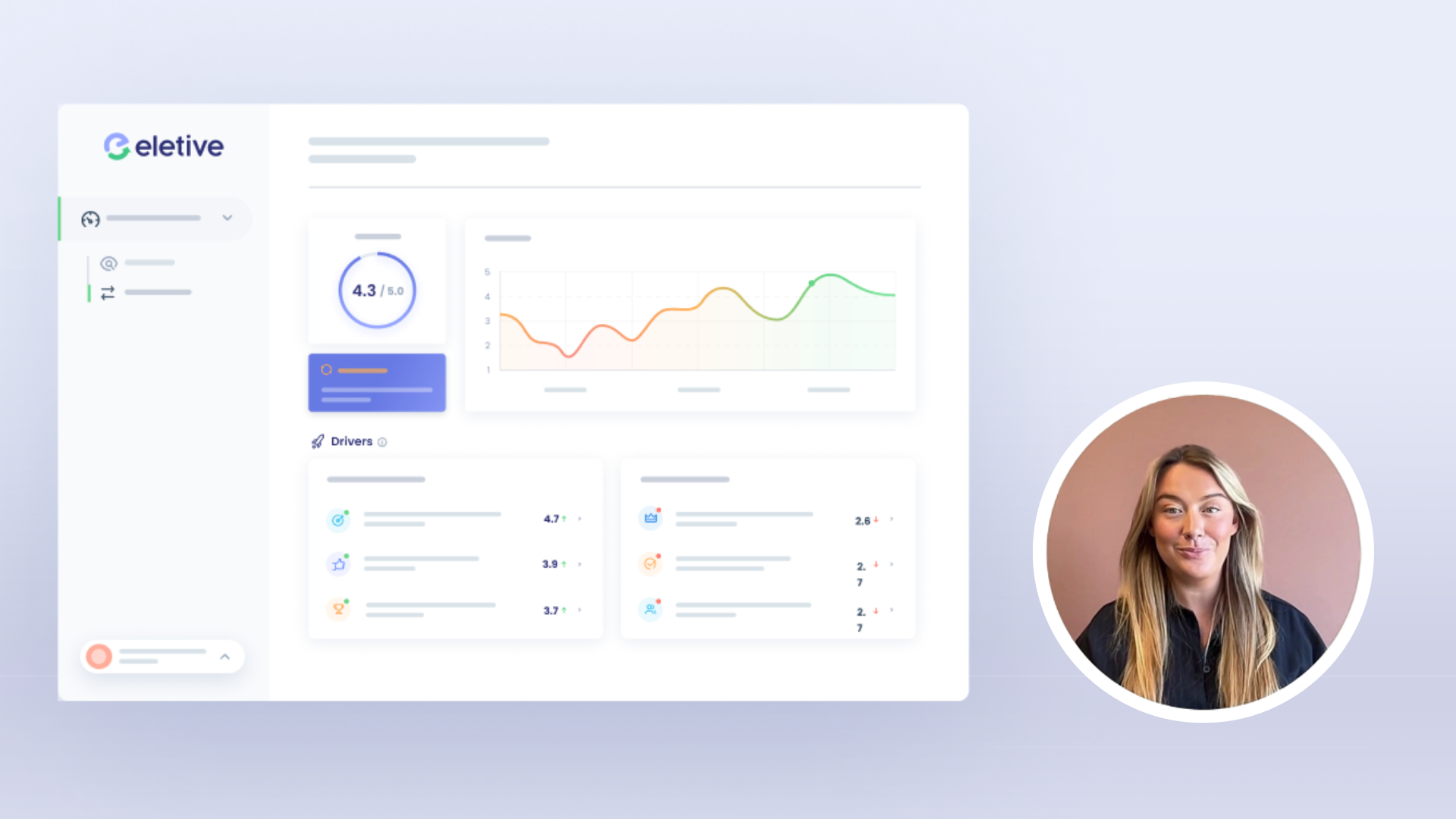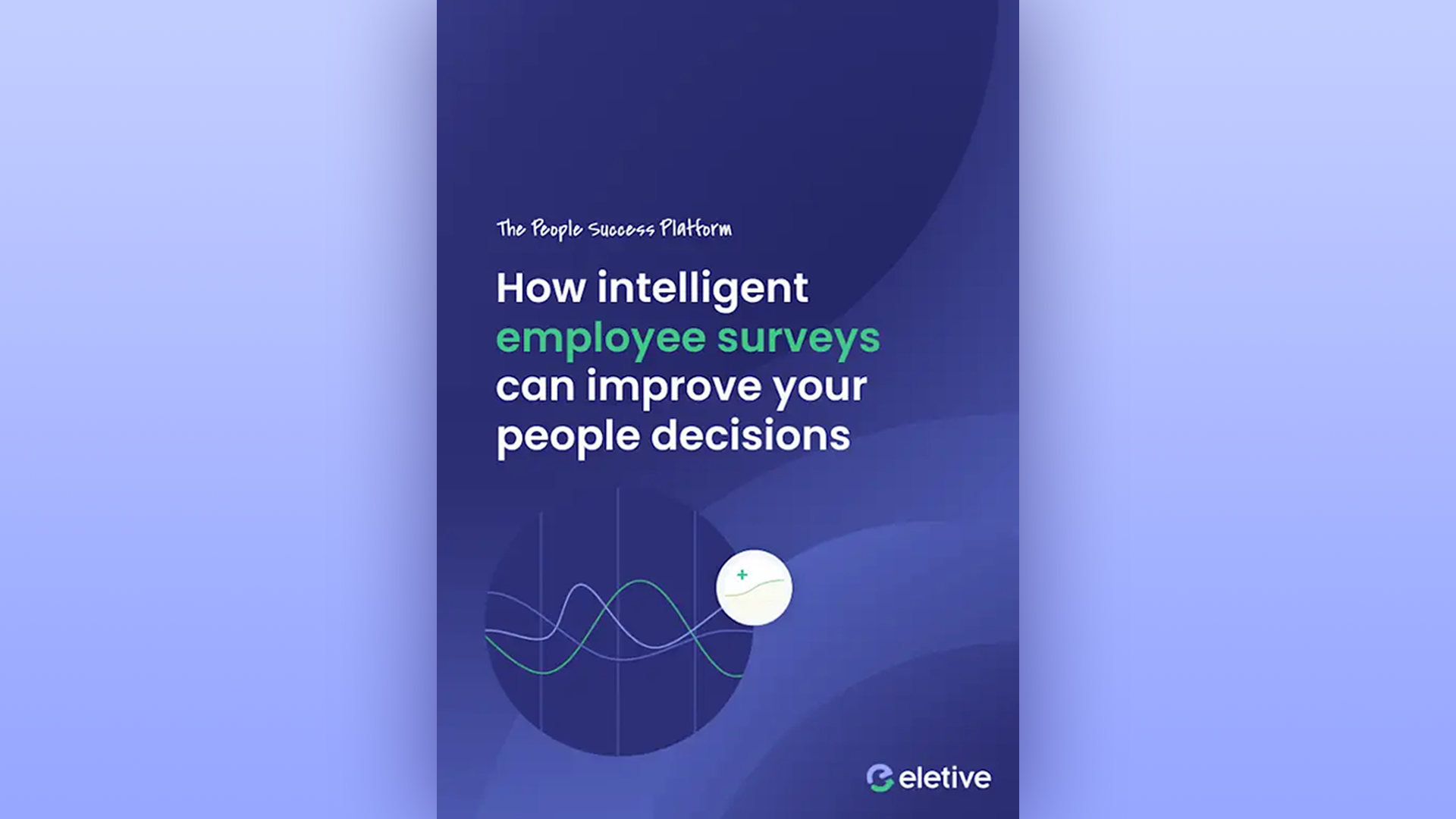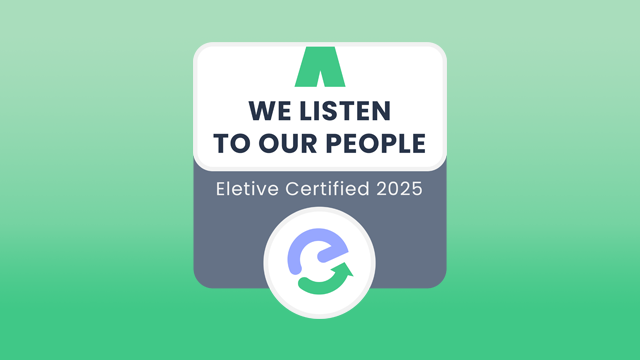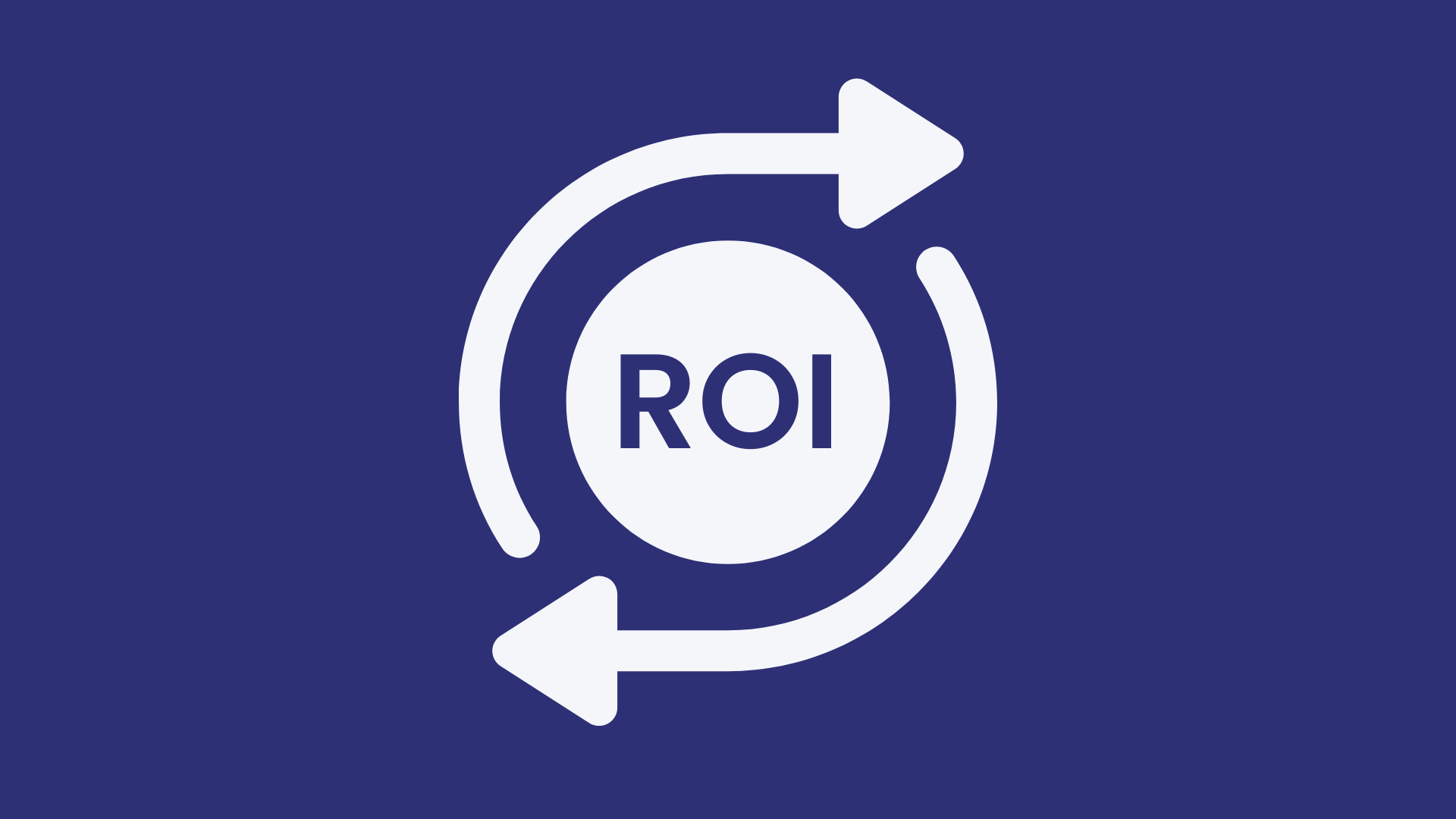Mental health in the workplace is an important topic, both from an individual and organisational perspective. So, how can organisations identify and address mental health issues at work?
Nilo.health is a leading mental health benefit platform for employees. Nilo delivers personalised mental health care for each employee and strategic support for HR and leadership to optimise company culture and productivity on every level.
We had a chat with the experts over at nilo.health, to learn more about how to support mental health at work.
How prevalent are mental health problems at work today?
We can’t afford to take employee mental health lightly. It’s pervasive, and it has a major impact on every company. UK-based mental health charity Mind found that 48% of the 44,000 workers it surveyed said they had experienced a mental health problem while performing their current job. The problem? Only half of those individuals spoke to their employer about it.
What are the consequences of mental health problems in the workplace?
Poor mental health in the workplace leads to burnout, stress, and exhaustion. It makes employees less productive, provides less job satisfaction, and increases turnover. But in contrast, a company that invests in supporting its employees’ mental health sees productivity rise, company loyalty grow, retention skyrocket, and a nice boost to its brand. It’s a win-win situation.
How can organisations identify mental health problems at work?
To address and solve the mental health crisis that might be going on in your company, you have to spot it first. Here are some important signs to watch out for that indicate your employees might be struggling.
Untypical behavior
Has a cheerful and talkative colleague suddenly gone quiet? Is a peacekeeper famed for his even temper becoming more and more aggressive? Is someone displaying new anxiety or even paranoia around workplace security? If a colleague is not acting like themselves, take note. No one experiences mental health issues in exactly the same way, but there are common reactions and patterns that can help you realize something is going on. Look out for anger, irritation, anxiety, apathy, withdrawal, and other unexplained changes in behavior.
Uncharacteristic or untidy appearance
Along with these emotional and behavioral changes, someone suffering from mental health issues might also change their appearance. Dressing inappropriately or neglecting grooming might be small signs that someone needs bigger help.
Decreased productivity
It’s common for employees experiencing poor mental health to find it difficult to engage, motivate themselves and concentrate. The result is that they’ll struggle to complete tasks and productivity plummets.
Changes in sleeping or eating patterns
Toxic workplace cultures “reward” their employees for long hours spent at the office, which might include missing sleep at home or missing meals in favor of sitting at their desks. But rather than helping a company, these two changes are terrible for employee mental health and quickly lead to burnout. Reach out to colleagues who obviously change their eating patterns or talk about insomnia and difficulty sleeping to see if they need help and promote a healthier work/life balance.
Increased absence
Unsurprisingly, absenteeism is a major concern for many employers. Regular, short-term absences may indicate that an employee is attempting to cope not with a physical but a mental health matter. Globally, an estimated 12 billion working days are lost every year to depression and anxiety. The answer is, of course, not to crack down on increased absences, but instead to try and resolve some of the issues that mean your employees don’t feel fit to work.
Changes in working patterns
If an employee starts arriving late or leaving early, this might be an indication of a greater problem at work. Change your mindset so that you don’t see this behavior as dodging work responsibilities, but rather a sign that someone is struggling to keep their head above water while coping with a mental health issue.
How can organisations address mental health problems in the workplace?
At nilo.health, we know that creating a mentally healthy workplace isn’t as easy as flicking a switch. But it can still be easy. It requires care, strategy, a willingness to listen, and a reframing of the way you think about mental health and your company’s approach to well-being at large.
You can revolutionise your company culture by taking a few of the following steps:
Open the conversation. Show employees you’re open to discussing stigmatized issues like mental health and make it more likely they’ll come to you with an issue before it spirals into a crisis.
Take your team’s temperature. Just as important as watching out for signs that mental health is impacted is consistent and measurable ways to touch base with your team. Try regular surveys about employee happiness and problems to get a sense of where you’re at.
Invest in a mental health benefit. Mental health benefits are the second most popular employee benefit, and they have a massive impact on a company’s productivity, culture, and bottom line. Rather than attempting to tackle it all on your own, why not ask for help? You could start with nilo.health—96% of our users report “great improvement” in their mental health.
Workplace and tools and health metrics:format(png)/f/288714721386412/b0e4a49f51/blog_graphics__2_.png)
Book a demo today and learn how nilo.health can prevent stress, burnout and absenteeism in your company.



























:format(jpeg)/f/288714721386412/9a95fdeebb/blog-identifying-mental-health-problems-in-the-workplace-hero_media.jpg)
:format(jpeg)/f/288714721386412/1280x720/02da360edc/performyard-alternatives.jpg)
:format(jpeg)/f/288714721386412/1280x720/154d0efc4c/tinypulse-alternatives-hero.jpg)
:format(jpeg)/f/288714721386412/1280x720/940c479a26/delighted-alternatives.jpg)